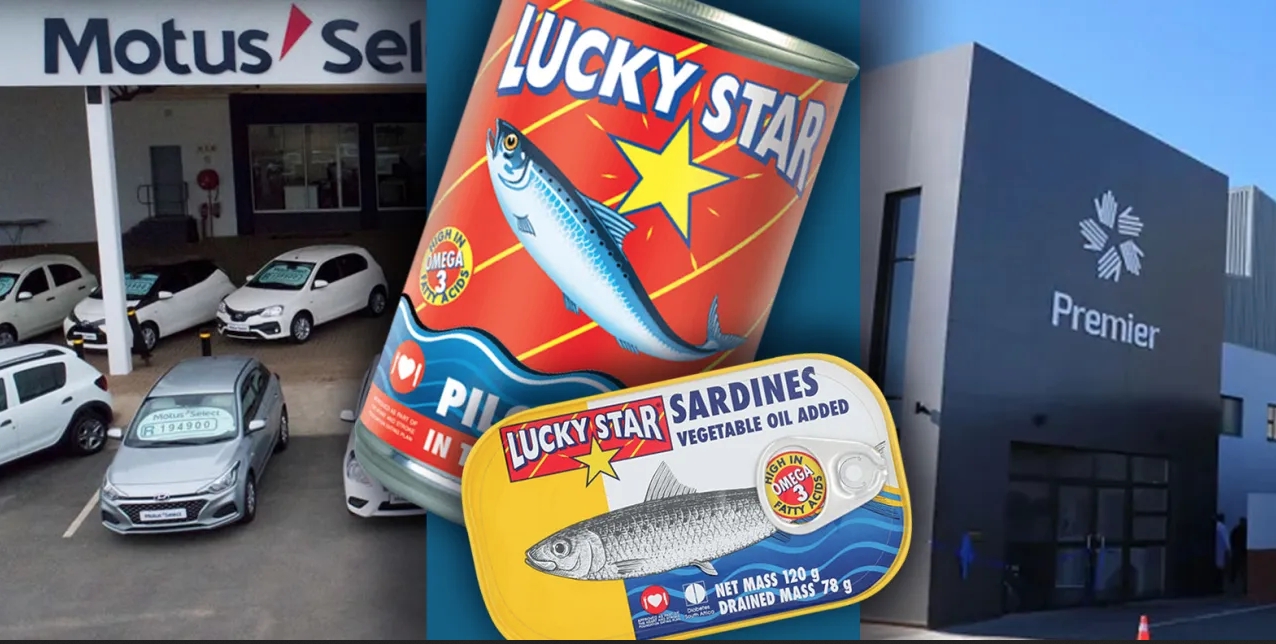Cycles are called cycles for a reason. Sometimes they work for you, other times they work against you. A negative swing had to happen at some point.
For the year ended June 2024, Motus has reported a drop in Heps of between 25% and 35%. That’s a nasty downturn, as a change in the cycle so often is. Consumer spending is a concern, though, particularly in South Africa.
The weak rand has made affordability a problem for South African consumers. Although Motus has exposure to much richer markets such as the UK and Australia, those aren’t exactly competitive vacuums either. The net result isn’t a happy story.
The silver lining here is that the moderation in stock levels has helped to reduce net debt. When money is expensive, as is the case, sitting with excess stock isn’t where you want to be.
Millbake gives Premier performance
Premier Group has delivered a masterclass in how operating leverage can work beautifully in your favour. If you dig into the numbers, though, you’ll see that it was the Millbake division in particular that really delivered the magic.
Group revenue growth of just 3.6% isn’t going to cause a stir. Heps growth of 34.8% is far more exciting. It’s incredible that these numbers are from the same results.
Millbake was the star of this show, with Ebitda growth of 20.6% from revenue growth of 3.7%. In stark contrast, Grocery and International delivered Ebitda growth of 3.7% from revenue of 3.3%. If this isn’t proof that there is far more to an income statement than revenue growth, I’m not sure what is.
The cash performance also looks excellent with cash from operations up by 54.8%. It’s always important to see the cash trajectory in line with the Heps trajectory. The percentage movements are rarely the same, but the direction of travel shouldn’t be materially different, otherwise you have to be careful.
Lucky Star: not just pilchards
If you listen to Oceana when it talks about the group, it’s clear that it sees Lucky Star as a platform, not just a pilchards brand.
It has already moved into other product categories in that side of the business and it has more diversification planned. For example, there’s a deal at Lucky Star to bring in canned chicken livers, with school feeding schemes as the major customer.
This all speaks of a broader plan to diversify the group in an intelligent way, bringing less volatility to the revenue profile. Importantly, it plans to do this with bolt-on acquisitions rather than risky deals into entirely new areas. That’s a good thing for shareholders, as ambitious acquisitions have hurt many a local company.
Sometimes, acquisitions work out really well even when they are substantial. Oceana is very happy to own Daybrook in the US at the moment, with that business delivering record earnings. With plenty of available inventory coming into this period, it was perfectly positioned to take advantage of record prices for fish oil.
The group result for the six months to March looks incredibly good, including versus the group’s historical averages. Revenue was up 12.1% and Heps increased by 84.6%. The interim dividend is 50% higher.
A major driver of this result was a 700 basis points improvement in gross margin. Oceana is cautious about a normalisation of margins in Daybrook, driven by an expected moderation in fish oil prices. In cyclical businesses, you have to be careful about extrapolating too much, especially when it comes to margin upswings. Daybrook can’t perform like this in every period.
Having said that, this result wasn’t just thanks to favourable pricing. Credit must go to management, especially when you see metrics like overheads in continuing operations only increasing by 3.5%.
It wasn’t all smooth sailing for this fishing group as wild-caught volumes have been under pressure. Operating profit in that division plummeted from R108-million to R17-million. Because of the volatile nature of the fishing industry, not all divisions will do well in a given year. If you’re lucky, not all of them will do badly either.
Stay informed with The Namibian – your source for credible journalism. Get in-depth reporting and opinions for
only N$85 a month. Invest in journalism, invest in democracy –
Subscribe Now!







